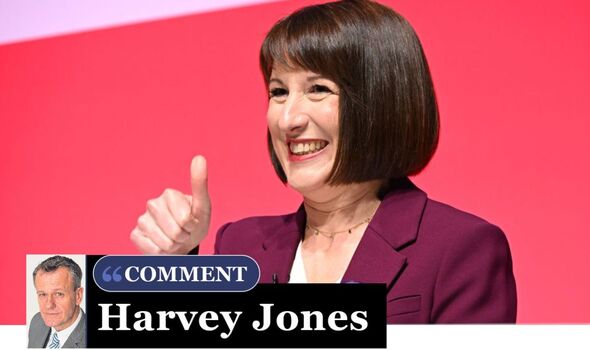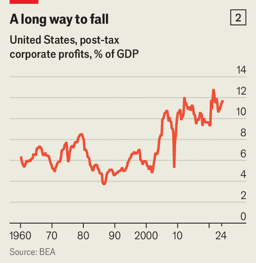
Experts are warning that Brits face a potential “double tax hit” on October 30, as Reeves looks to plug what she now says is a £40billion black hole in the nation’s accounts. If she does, it will hit grieving families doubly hard.
It’s widely assumed that Reeves will impose inheritance tax (IHT) on our pensions in next week’s Autumn Budget. That would be a major change.
Today, people can pass on unused defined contribution pension pots to loved ones free of IHT when they die.
Many better off retirees take advantage by leaving their pension to grow while drawing retirement income from other forms of savings, such as Isas, which are subject to IHT.
That way if they have money left in a pension when they die, they can pass it on free of IHT.
They’ll have to rethink their plans if Reeves slaps 40% IHT on unused pension on death, as I expect her to do.
There’s an argument for charging IHT on pensions, but not the way Labour will do it.
Jordan Gillies at wealth manager Saltus says imposing IHT on pensions could see families pay tax twice on exactly the same money, in what he calls “a double tax hit”.
So how does that work?
Currently, if someone dies before age 75, loved ones inherit their defined contribution pension entirely free of tax.
However, if they die from age 75, beneficiaries are liable to pay income tax on the money.
The inherited pension is added to their total earnings for that year, and taxed at their marginal rate. Many could therefore hand 40% or 45% of the pension to HMRC.
That could rocket past 60% of they have to pay IHT, too.
Let’s see how it would work in practice.
Imagine somebody dies at 75 with £100,000 of pension above the IHT nil-rate band. They’d hand £40,000 of that to HMRC in IHT.
This would leave the family with £60,000. Now let’s say that goes to a child and is taxed a second time, say, at the higher rate income tax of 40%.
They will hand another £24,000 to HMRC. That’s £64,000 in total.
They’ll be left with just £36,000 out of the original £100,000 for themselves. That’s an effective tax rate of 64%.
Labour’s urge to tax people twice doesn’t end there.
As I’ve warned before, some families could end up paying both capital gains tax (CGT) and IHT on the same asset on death, thanks to Reeves.
Today, if someone has made a capital gains, any CGT liability is wiped out on death. Instead, only IHT applies. However, the Institute for Fiscal Studies (IFS) has called on Reeves to axe CGT “forgiveness” on death.
If Reeves listens, families could pay CGT on assets such as second homes, buy-to-lets and non-Isa shares on death. Then they’ll pay IHT on what’s left.
IHT tax receipts are already at a record high. Nicholas Hyett, investment manager at Wealth Club, said it is turning into an “absolute cash cow for the Treasury”.
Taxing assets once on death is painful enough. But taxing them twice is brutal. That moment could be just days away.

















